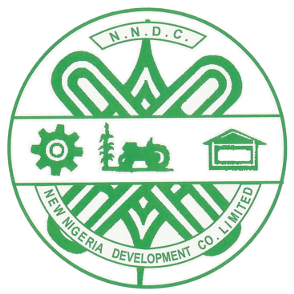By; IMRANA ABDULLAHI, Kaduna In his contribution to the conversation on the existential problems in the region, Lamis Shehu Dikko, who is the
By; IMRANA ABDULLAHI, Kaduna
In his contribution to the conversation on the existential problems in the region, Lamis Shehu Dikko, who is the Chairman of the Northern Nigeria Development Company (NNDC), said the 19 northern states face deep socioeconomic challenges, with poverty rates exceeding 60%, and reaching over 80% in states like Zamfara and Sokoto, compared to about 30% in the South.
He said traditional development approaches have failed to reverse this trend, making a paradigm shift urgent.
Dikko said that the central argument is that embedding technology, digital infrastructure, and innovation into every sector of development is the only sustainable path to prosperity.
According to him, a critical first step is closing the digital divide as internet penetration in Nigeria stands at about 48%, but rural and northern regions lag far behind, leaving over 60 million Nigerians offline.
He said this risks excluding the North from the $15.7 trillion global AI-driven economy projected by 2030, and called for urgent steps to expand affordable broadband, smartphone access, and reliable electricity as an economic lifeline.
According to Dikko, “Agriculture remains the backbone of Northern Nigeria’s economy and livelihood but yields and incomes have long been limited by outdated practices. Embracing digital agriculture can change that. Imagine widely adopting precision farming tools – from drones and sensors that monitor soil and crop health, to AI-driven analysis of weather and satellite data guiding planting decisions. These technologies help farmers optimize fertilizer and water use, predict pests or droughts, and significantly boost crop yields and reduce losses.”
On electricity, he said, “Northern Nigeria’s development is crippled by energy poverty – an unreliable grid and low access to electricity in many communities. Technology offers a two-fold solution: modernize the grid and leapfrog with renewables. Investments in smart grid systems can improve efficiency in power distribution, reducing the rampant losses and outages.”
He added that realizing this transformation requires visionary leadership, supportive policies, and robust public-private partnerships. Regional cooperation, regulatory reforms, inclusive digital literacy programmes, and initiatives to empower women and rural communities are essential to prevent deepening inequality.
He added that organizations like the NNDC can catalyze investment and policy advocacy.




COMMENTS